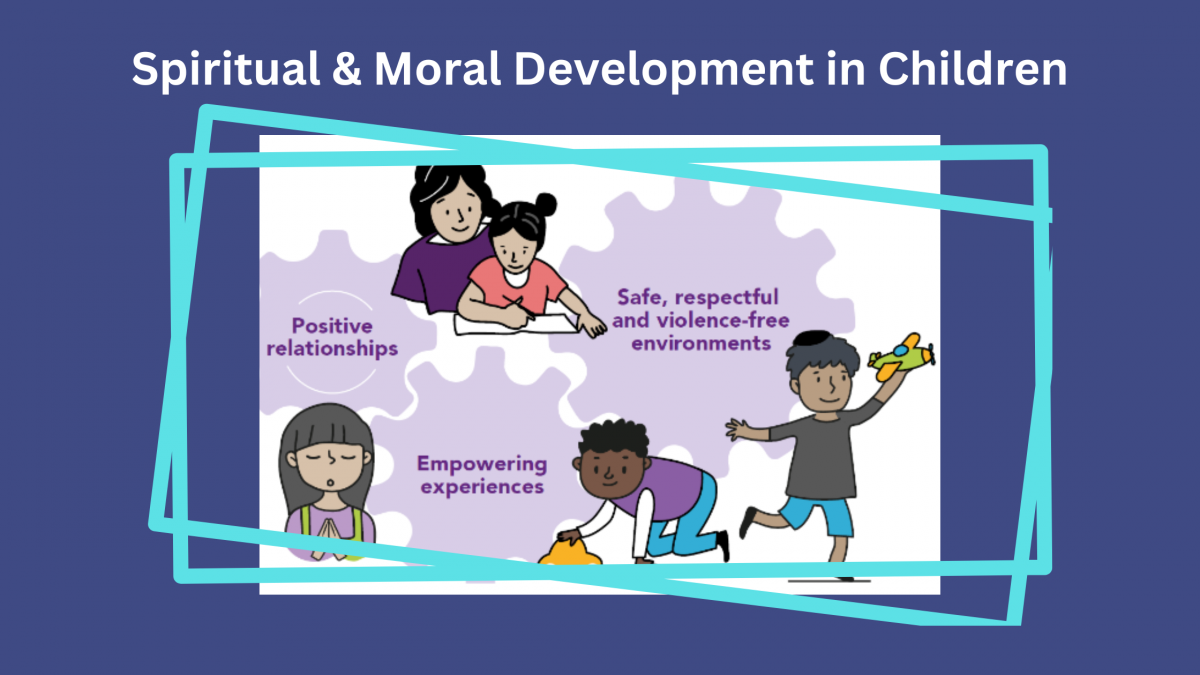
Importance of Spiritual & Moral Development in Children
At Nalanda Learning the maximum amount of stress is accorded on the holistic development of the children. This follows from the underlying principle of Nalanda – that of helping create good human beings as opposed to creating merely good students. As well begun is half done, Nalanda believes that inculcating moral values in the early learning stages of a child’s educational journey holds the key to their future fruition.
It will not be out of place to mention here that in a world that is increasingly being run on materialistic pursuits with our lives becoming more and more digitally driven, the need for helping to develop a morally and ethically driven mindset cannot be over-emphasized. This is gaining even more importance as runaway stress which most lives are now exposed to, needs spirituality as a counterbalance and it is being more and more felt that children should gradually be provided with the spiritual wherewithal to cope as a defence mechanism. However, as a rider, it must also be pointed out that the terms spirituality and religion should not be used interchangeably in this context.
Spirituality is an indispensable part of a child’s life
Compassion, empathy, gratitude, promoting harmonious human relationships, and a sense of oneness with all living beings are feelings that need to be ingrained into the mindset of children. Therefore, spirituality is increasingly seen as an integral and indispensable dimension of a child’s life, development, and well-being, all of which have been given due weightage in the Nalanda curriculum. This is also in keeping with the NEP 2020 directives. For the uninitiated, practices that promote spirituality include prayers, meditations, gratitude, and acts of kindness.
Inclusive pedagogy embraces spirituality within the daily lessons that are imparted in classroom sessions. Nalanda Learning aided educators can foster healthy moral development in the children, apart from enhancing their social and interpersonal connections to the world at large. This in turn has been proven to impart positivity on a fundamental level, leading to a greater emotional well-being of the children.
Including spiritual and moral development activities also equip children to face change and uncertainty with greater conviction apart from leading them to greater joy and satisfaction as they become less bogged down by a uni-dimensional pursuit of material happiness, leading them to the ultimate realization that fulfilment comes from within and all things, including happiness, are relative.